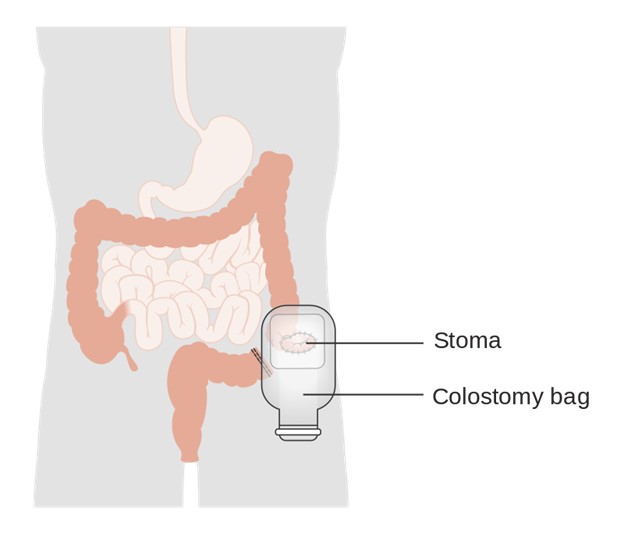A patient has stools that are foul smelling and that float on water. The nurse documents that this patient is having
rhinorrhea.
amenorrhea,
steatorrhea.
diarrhea.
The Correct Answer is C
Steatorrhea refers to the presence of excess fat in the stool, resulting in stools that are foul smelling and float on water. It is often associated with malabsorption or impaired digestion of fats. When fats are not properly digested and absorbed in the intestines, they can pass through the stool, leading to these characteristic features. Steatorrhea can be caused by various conditions such as pancreatic insufficiency, celiac disease, Crohn's disease, or other gastrointestinal disorders that affect fat digestion and absorption.
Rhinorrhea in (option A) is incorrect because it refers to a runny or excessive discharge from the nose.
Amenorrhea in (option B) is incorrect because it refers to the absence of menstruation in females.
Diarrhea in (option D) is incorrect because refers to the passage of loose or watery stools
Nursing Test Bank
Naxlex Comprehensive Predictor Exams
Related Questions
Correct Answer is B
Explanation
A.Waiting until the bag is completely full before emptying can lead to leakage, discomfort, and potential damage to the stoma or skin surrounding it. It's generally best to empty the bag before it becomes completely full.
B.This is a good practice to prevent overfilling and reduce the risk of leaks or discomfort. Emptying the bag when it is about half full helps maintain the bag's functionality and ensures the stoma site remains clean and secure.
C. 1/4 full
While emptying the bag at this level could prevent overfilling, it may be more frequent than necessary and could be inconvenient for the patient.
D. % full The exact percentage is not typically used as a guideline for when to empty the bag. The general practice is based on visual assessment of how full the bag is.

Correct Answer is B
Explanation
Bowel training programs are typically implemented for patients with fecal incontinence or impaired bowel control. Incontinence refers to the inability to control bowel movements, leading to unintentional passage of stool. Bowel training involves establishing a regular bowel movement routine, which may include scheduled toileting, dietary modifications, and exercises to strengthen the pelvic floor muscles. The aim is to promote regular bowel movements and improve control over bowel function.
Option A, a 40-year-old patient with an ileostomy, may not benefit from a bowel training schedule because they have a surgically created opening in the ileum, bypassing the colon, and the stool is expected to be liquid and not under voluntary control.
Option C, a 30-year-old patient with C. difficile infection may not be beneficial from bowel training because it would require treatment to eliminate the infection, but a bowel training schedule may not be the primary focus of care for this condition.
Option D, a 25-year-old patient with Crohn's disease, may require management strategies such as medication, dietary adjustments, and lifestyle modifications to control symptoms and promote bowel health, but a bowel training schedule may not be the primary intervention for this condition unless there is associated bowel control impairment.
Whether you are a student looking to ace your exams or a practicing nurse seeking to enhance your expertise , our nursing education contents will empower you with the confidence and competence to make a difference in the lives of patients and become a respected leader in the healthcare field.
Visit Naxlex, invest in your future and unlock endless possibilities with our unparalleled nursing education contents today
Report Wrong Answer on the Current Question
Do you disagree with the answer? If yes, what is your expected answer? Explain.
Kindly be descriptive with the issue you are facing.
